The Celwyn Newsletter Issue 21
In this issue, interviews with:
- Beau Lake, paranormal romance and horror writer, and Romantasy writer JM Paquette
- Florida mystery and suspense author, JC Gatlin
- Suzanne Shaw, author of historical sea fiction
Also in this issue is another great article by editor Jennie Rosenblum on Choosing the Right Beta Reader, and part 1 of In Memory of the Sibylline, the serialized story that began the Celwyn Series.
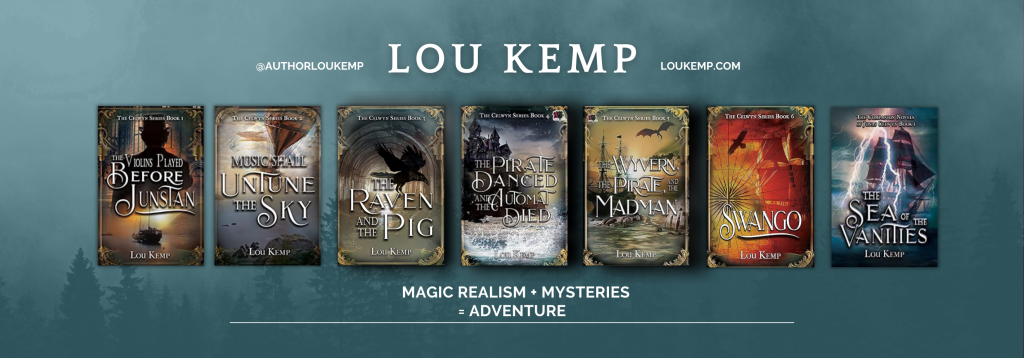
SWANGO Is Here!
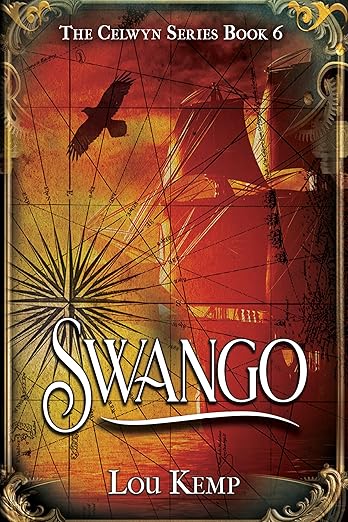
Book 6 of the Celwyn Series, Swango is available everywhere now. Pelaez is back and causing trouble. First review link: https://www.amazon.com/gp/customer-reviews/R2CPQG49OMU42N/ref=cm_cr_dp_d_rvw_ttl?ie=UTF8&ASIN=B0DGN3SC5R
Scars of the Heart wins in the category Short Stories Collections of the Literary Global Book Awards 2024 .
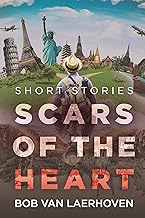
Celwyn’s Cats
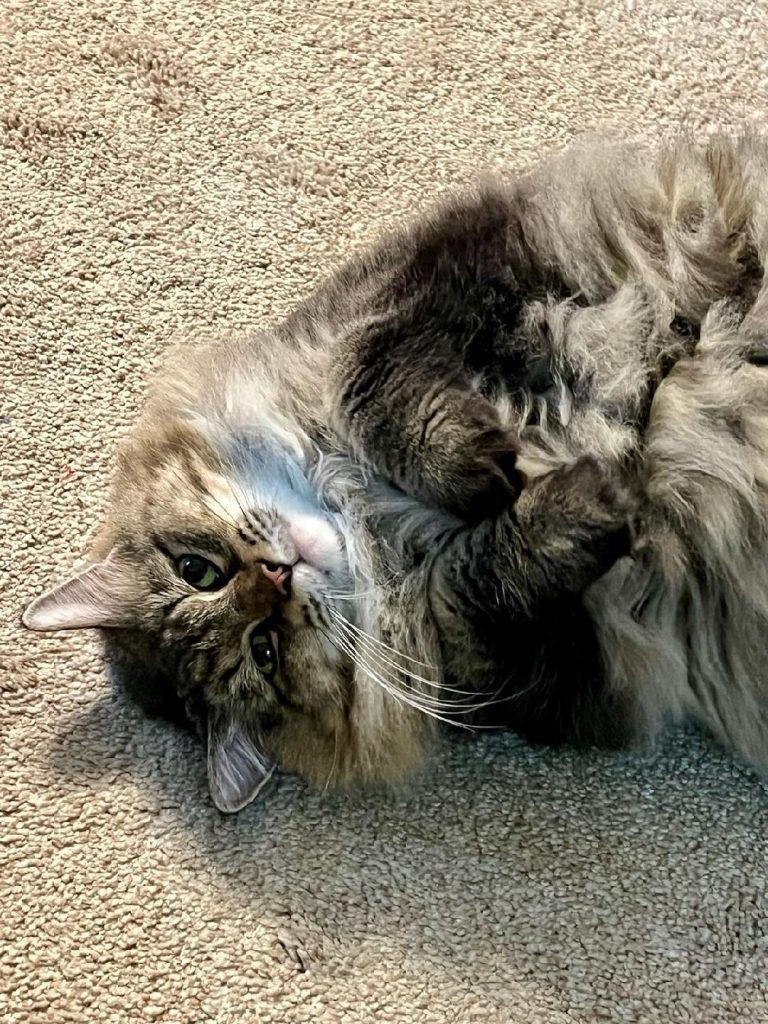
Ah…. the editing is almost done. Then she’ll pay attention to me again.
Want to publish a short story?
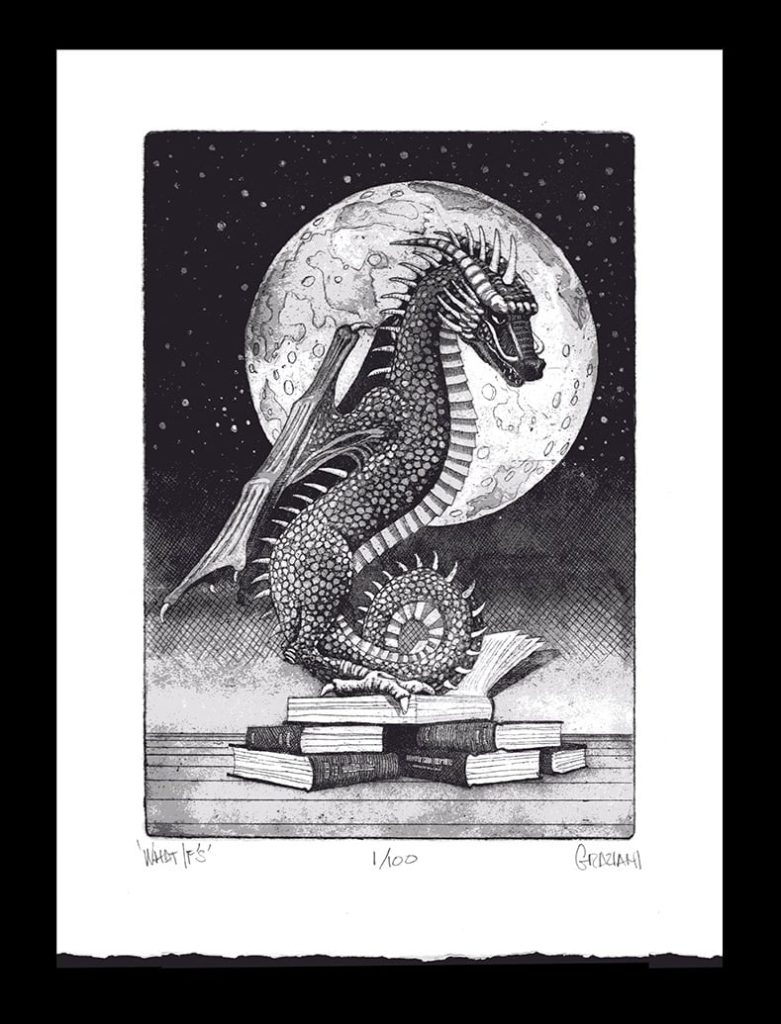
Need a market for a great short story? Flametree Publishing pays industry rates. Be sure to note if the submission window is open or closed.
https://blog.flametreepublishing.com/fantasy-gothic/topic/call-for-submissions
An Interview with writer Suzanne Shaw

Suzanne Shaw loves British history and literature, especially Jane Austen and fiction about the Age of Sail. Truthfully, she began writing historical fiction so she could spend as much time as possible in the Eighteenth and early Nineteenth Centuries. Of Ships and Sealing Wax is her first novel. She was fortunate enough to research its background and settings in the Bodleian Library, the London Library, and in Cornwall.
Of all your characters, which is the most like your personality?
I recognize something of myself in Sylvia Heywood, sister to the lead character Caroline. Sylvia likes to take charge and always thinks she’s right, but she has a big heart and would do anything for someone she cares about. Like Sylvia, I enjoy being in control. I hope I am half as generous.
If you have used a group of beta readers for help and support, what has been your experience with finding them, and using them?
I was fortunate to have four exceptional readers for the final draft. I connected with one reader via the internet and others through a historical fiction masterclass. All were willing to read and comment on a 90,000 word manuscript, which is a very heavy lift. Through writing struggles, lockdown, rejection, and success, they’ve leant me their ears, shoulders, and wisdom. One of my readers even found my publisher for me. There are so many unknowns to writing a first novel and finding a publisher. The lessons are: (1) you can’t do it alone, and (2) you need to reciprocate.
For your own reading, what genre (s) do you read and why?
I love a mystery. I tend to look for mysteries with a historical or foreign setting because I like to be taken to a different time or place. During lockdown, I read mostly nonfiction, although couldn’t tell you why. Recently, I’ve been reading more literary fiction for a book club. I also read a lot of poetry, especially haiku and traditional Chinese poetry, which is beautiful and intriguing.
Will there be a sequel to Of Ships and Sealing Wax?
I’m currently editing the manuscript for a related book that’s set several years later and follows many of the same characters. It’s a not sequel per se, but there is more to their story. There are suspense elements this time — stolen letters, missing sapphires, chases through dark streets, mysterious foreign ladies. And I hope there will be more stories after this one.
An Interview with Beau Lake and JM Paquette
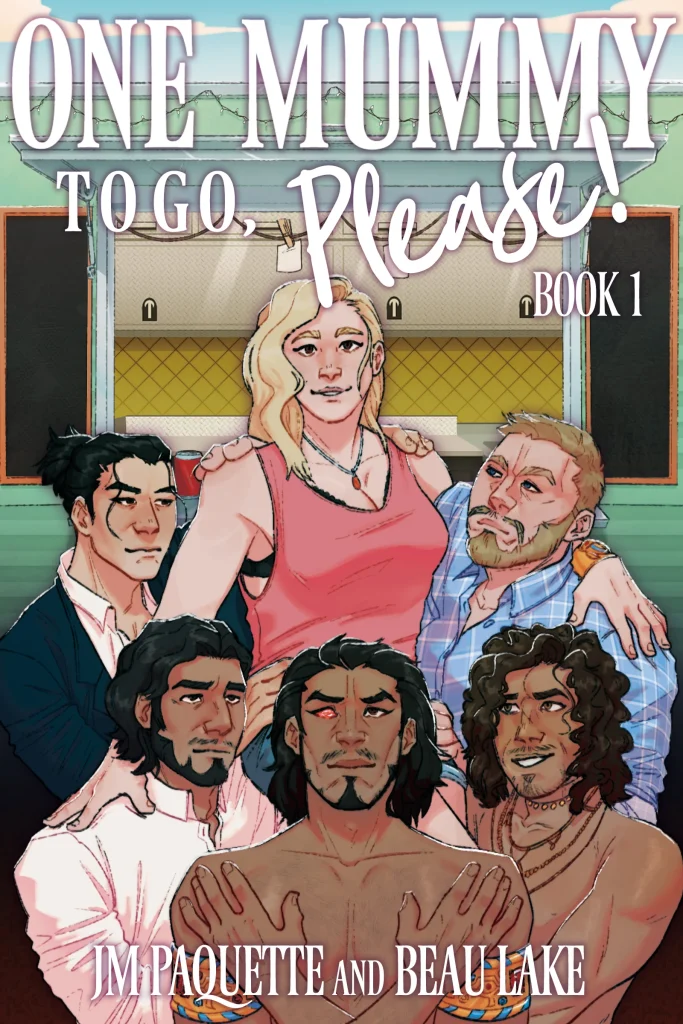
About the Book:
Did you love The Mummy (1999) but wished every character had kissed? After an accident at a dig site, food truck owner Eliza inadvertently wakes up a centuries-old mummy. While Milfonnos the Blighted searches for the priestess who summoned him, Eliza enlists the help of a security guard, a mercenary, a lawyer, and a thief. Together, the harem uncover a secret society and rob a crime syndicate dealing in stolen artifacts, all in the hopes of freeing Milf from the magic that binds him.
Beau Lake Bio: Beau Lake is a paranormal romance and horror writer residing somewhere in the Shenandoah mountains. She is the author of the DC Pride series (co-written with Tatum West), the 6-part Wolves of Wharton series, One Mummy to Go, Please! (Co-written with JM Paquette), and the upcoming horror anthology series Allgood.
@beau__lake on Instagram, Tiktok, Threads, Facebook and beaulakebooks.com
JM Paquette Bio: JM is the author of the Klauden’s Ring Saga as well as the Conjuring Fascination, Rockstar Fairy Tales, and Shawarma warrior King series, JM Paquette writes fantasy and paranormal romance novels. When she isn’t writing, she can be found teaching English, dissecting grammar, defending fantasy, discussing Tolkien, editing books, and watching Russian dragon shifter movies
Are there unique challenges to stay true to history?
Beau: Jen and I wrote primarily about characters who resided in modern day Cairo, but Milfonnos is a pharaoh out of time. What we really played up was when he tries to go to a place of great comfort (the temple where he was coronated), he finds only a river, because historically, that temple had washed away. There’s also another scene where he is following what he believes is an impossibly long snake, which is a road; sees the eye shine of a predator, which is a car’s headlights; and gets shouted at by the driver (who, in his mind, should be groveling and kissing his feet).
Do you have advice for a writer tackling a new genre?
Beau: I am living this right now as I transition to purely horror fiction (except for future installments of the Shawarma Warrior King series!). My advice would be to read, read, read in your genre. You may know how to write, and write effectively, but you need to know what the beats look like, how the (in this case, horror) novel BREATHES.
What genres do you read and why?
Beau: Generally, I read horror but I do enjoy fantasy and science fiction. Horror has always been a comfort. In The Book of Accidents, Chuck Wendig wrote that characters endure terrible things, but the things don’t kill them. They simply change them.
Do you have suggestions to promote books on social media.
Beau: Vary it up. Don’t post the same content over and over. Work with the platform you are using, not against it. It is okay to be silly and have fun, because you’re a person, not just an author.
Will there be a sequel?
Beau: Absolutely. Jen and I have an outline for the rest of the series. Each book gives another character an arc and moves along the plot toward its conclusion. We try to make each one feel like it’s own complete thing, so there’s not quite a cliffhanger; you feel good where the characters are at that end. We anticipate the next book of the series to come out late 2025 or early 2026.
JM: Of course! Beau and I planned for a five book series arc, so Eliza and the guys have many more adventures coming up!
Is there a place for politics in your books?
Beau: Books are inherently political. Even the most far-flung world, full of elves and knights and whatever else, endures political struggle of SOME kind. It is the human condition to explore how humans are, even if our characters aren’t entirely human.
If you have used (or still do) a writing group for help and support, what has been your experience with finding one, and using them?
JM: Having a co-author (Beau Lake) made writing this book infinitely easier (since I technically only wrote half a book!) as well as a ton of fun. We shared a ridiculous amount of mummy gifs (and sexy men in general) to keep us inspired as we went. Having that accountability as well as someone to bounce ideas off as we built the story made the process natural. On top of that, we had another writer (Valerie Willis) weighing in on our crazy ideas as we plotted the main story beats, and that additional perspective made the story richer in the end.
Do you consult a friend/other authors for advice on sticky writing situations?
JM: Always! I tend to write at night online with other authors on a Discord server, so when I get stuck, I can ask whoever is on for some feedback. I just did that last night on my work in progress (Rockstar Fairy Tales 2: Heart of Fire)! The debate: Which is more fun: the vampire hooks up with the sister of the woman he accidentally killed the night he was turned OR the sister didn’t die and is alive (a vampire) and her sister comes looking for her (and then I decide who the vampire ends up with)? We laughed, and they gave me some good insight *You’ll have to read the book to see what they suggested!).
For your own reading, what genre (s) do you read and why? If it isn’t the one you write in, would it be someday?
JM: I am a complete sucker for paranormal romance. Give me vampires, witches, demons, werewolves, and all manner of shifters. Even better if there’s a love triangle. I do demand a happy ending, though. No deaths (even noble sacrifices!) in my romance, please!
Choosing the Right Beta Reader
What is the difference between a beta reader and an editor? Beta Readers see the story: Editors see the details.
Jennie Rosenblum has been an independent editor for small publishers and indie authors. Since 2014, she has been happily self-employed helping authors. Over the next few months, she will be sharing guest columns here. Feel free to reach out to her at www.jenniereads.com.

Beta readers are a crucial part of the writing process. They offer fresh eyes, honest feedback, and insights that can elevate your manuscript. However, not all beta readers are equal. Choosing the right ones can make the difference between valuable critique and wasted time. Here are tips to help.
Look for Brutal Honesty
Friends or family may hesitate to critique your work openly. A good beta reader, however, isn’t afraid to point out issues like weak characters, slow pacing, or awkward dialogue. Constructive criticism is essential for growth.
Set clear expectations with potential beta readers. Let them know you’re not seeking flattery but honest feedback. Avid readers will understand audience expectations and can identify potential flaws.
Seek Diverse Perspectives
A mix of backgrounds, experiences, and viewpoints will give you richer, more comprehensive feedback. For instance, if your story features characters from different cultures, beta readers from those backgrounds can ensure authenticity.
Similarly, a range of ages, genders, and expertise levels can help address different aspects of your manuscript, from character arcs to dialogue.
Consider Professional Beta Readers
Unpaid beta readers can be helpful, but hiring professionals offers unique advantages:
- Commitment Professionals treat beta reading as a job. Unlike unpaid readers, they are consistent and deliver detailed feedback on time.
- Expertise Many professionals have publishing experience. They can critique story structure, pacing, and character development with precision.
- Objectivity Unlike friends or family, professionals provide unbiased feedback focused on improving your manuscript.
- Efficiency With a clear timeline, professionals help you meet deadlines without delays.
Choosing the Right Professionals
When hiring a professional beta reader, look for experience in your genre. Check reviews, testimonials, and sample critiques. Be specific about what you want—feedback on pacing, character development, or overall readability—to get the most value.
Combine Approaches
Using both unpaid and professional beta readers can balance everyday reader perspectives with expert insights. For example, unpaid readers can gauge engagement, while professionals focus on technical elements like plot and pacing.
Final Thoughts
Beta readers are invaluable for refining your manuscript, but selecting the right ones requires thought. Prioritize honesty, seek diverse perspectives, and consider professional services. The goal isn’t perfection but progress. With the right feedback, you’ll be ready to craft a polished, compelling book.
An Interview with JC Gatlin
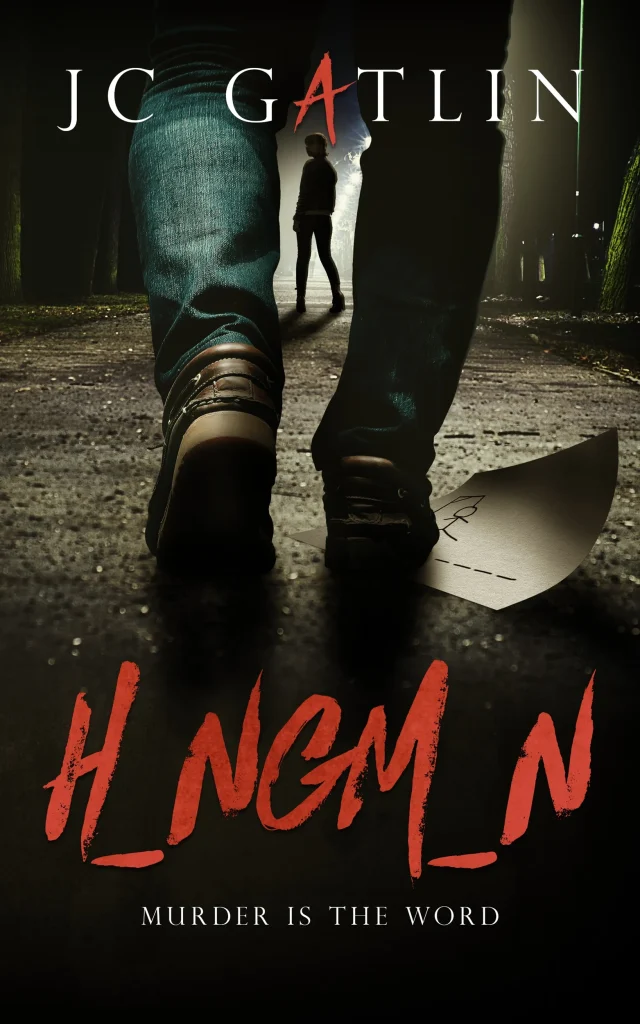
About the book:
A Tampa crime writer returns to her hometown to attend the funeral of a childhood friend who committed suicide, but suspects murder when she receives text messages from the deceased.
Bio:
JC Gatlin is an award-winning mystery & suspense author residing in Tampa, Florida. After self-publishing three stand-alone murder mysteries on Amazon, his fourth book, H_NGM_N: Murder is the Word was published by Milford House Press. That mystery went on to win the prestigious Royal Palm Literary Award for Best Mystery. Milford House published his following novel, Darkness Hides, and will be publishing the sequel to H_NGM_N in 2025.
How would you compare your book to other styles of mysteries?
My mysteries tend to have a balance of humor and suspense. I’m a big fan of 90s mystery/horror, like Scream and I Know What You Did Last Summer, and those influences are present in my mysteries. It’s scary but also tongue-in-cheek.
Of all your characters (real or not), which is the most like your own personality? How many of the char’s traits are already part of you, verses what you want them to be?
I don’t think any singular character is a stand-in for me. However, every character has traits of my personality with them. Tori can be no-nonsense, bull-dogged determined once she makes up her mind to do something or prove something. There are many people who will tell you I’m the same way, especially when it comes to my writing schedule. RJ doesn’t take life too seriously and is laid-back and makes fun of things he sees. That’s a dual part of my personality too. I don’t think RJ would ever be the life of the party, but neither would I. Even the murderer shares a few personality traits with me, although I can’t go into that without revealing which character did-in the school teacher. (And no, I would never resolve a situation with murder!)
In what you read or write, what kind of characters appeal to you the most, and why, with examples.
I love characters who have personality defects and social issues, and learning what trauma happened in their past to create those defects. I like characters who are humorous, whether that’s in dialog or in their actions. And, of course, characters who are hiding something, especially plot-twisting secrets, are the crux of any good mystery.
In H_NGM_N, Tori is stuck moving forward professionally, personally, and in her romantic relationships due to things that happened to her growing up. When her childhood friend is murdered, she has to return home and, in the event of solving the murder, confront those childhood issues. I hope readers say, “Oh, so that’s why she’s like that or does that,” as they learn more about her past.
Can a villain be sympathetic, or should they do good deeds in order to be redeemed in the eyes of those around them (or the readers)?
I guess it depends on the type of story you’re writing. In a mystery, the murderer always has a motive, but I don’t know that the motive must always be sympathetic. Murderers in whodunnits generally tend to be motivated by greed, revenge, or passion. And while they always get their comeuppance, they are rarely redeemed.
In H_NGM_N, the reader will certainly understand why that character resorted to murder to achieve a goal, and the consequences are tragic–a lot of characters are affected by the murder. However, I doubt anyone will feel sympathy for the villain. I think that goes for all my mystery novels–there is understanding for the why, but I doubt any sane person would actually agree that was the best course of action.
One character trait that all great villains share is the idea that they are the hero in their own story. From their perspective, their actions were justified or right. Because of their circumstances, they were left with only one option. Only Darth Vader is a true, no-shades-of-grey villain, but even he is redeemed in the end and wanted to bring order to chaos. So scratch that, even Darth Vader wasn’t just purely evil for evil’s sake.
The Celwyn Series YouTube channel
What is New with the Celwyn Series?

What is new with the Celwyn Series?
Swango (book 6) is available everywhere. If you would like a list of past events in the previous books as a reference while reading it (recommended), visit my site and contact me for the list. https://loukemp.com/about-the-author/
Mini-blurb: Pelaez is back, they find Mrs. Nemo, and Captain Nemo is a bit upset. The magician’s first encounter with Swango is told as they plan for the Nautilus’ journey to the Castell de Ferro in Spain where Doctor Jurik Lazlo is hiding. Captain Nemo has been searching for him for a long time.
For book 7, Lucky and Mrs. Nemo, here is the official blurb.
On Findbar, they’ve added another scientist. Dr. Martha Gluck (aka Lucky) who is a character, literally and figuratively. She enjoys a lively gunfight, doesn’t faint at the sight of magic, and accepts danger as a jolly good time. She finally draws the line when she meets up with the broadsword wielding ghost, Mrs. Spencer.
I’m at the 95% mark in the final editing, and an educated guess is that it will be out in fall 2025.
Book 8, with a tentative title of We Three Magicians, is on hold for a bit because I’ve changed book 7, which requires rewriting the first part of book 8. At least I haven’t lost any more of the manuscript. There is also the distinct possibility that I’ll write another companion book first featuring Pelaez (Celwyn’s brother and also an immortal magician) to release some stress. Pelaez feels like my alter ego at times with his antics and devious ideas of fun. .
The Violins Played before Junstan book 1
https://books2read.com/celwyn01
Music Shall Untune the Sky book 2
https://books2read.com/celwyn02
The Raven and the Pig book 3
https://books2read.com/celwyn03
The Pirate Danced and the Automat Died Book 4
https://books2read.com/celwyn04
The Sea of the Vanities. Companion book.
https://books2read.com/celwyncompanion01
The Wyvern, the Pirate, and the Madman Book 5
https://books2read.com/celwyn005
Swango Book 6
